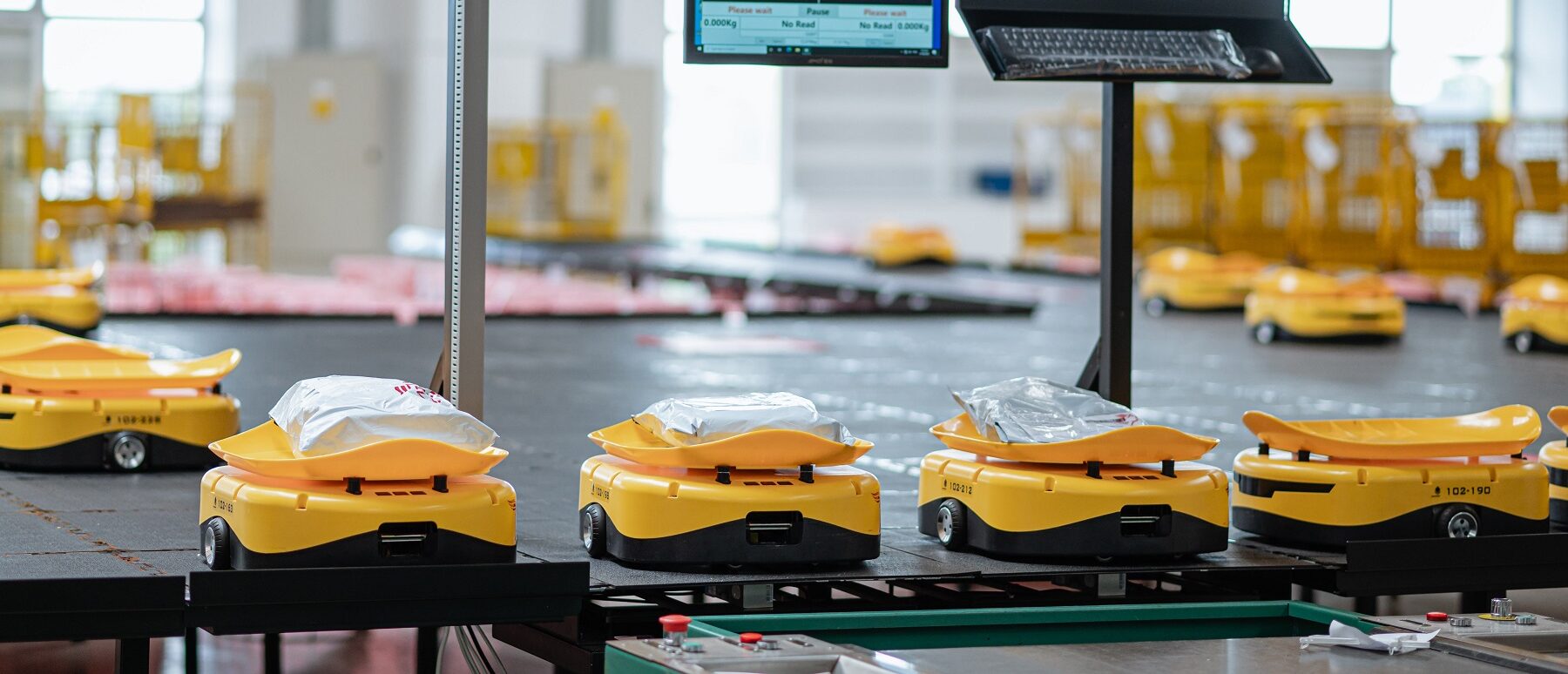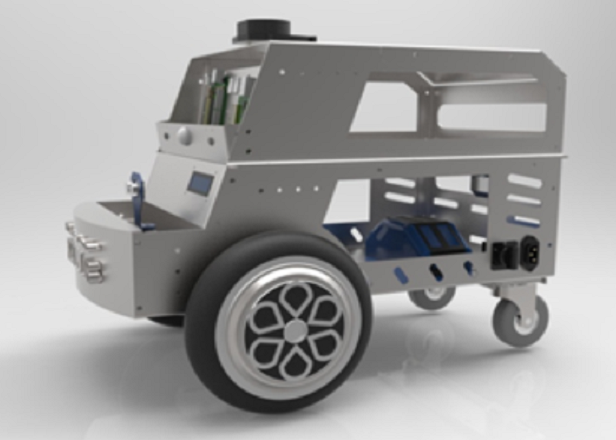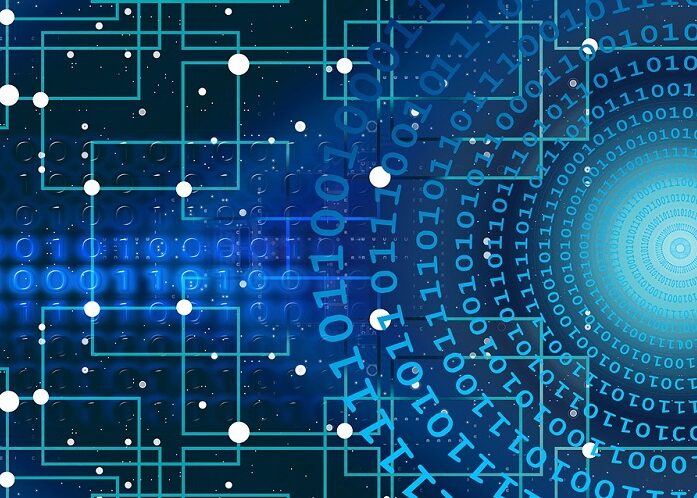
The shape of the economy is about to change, and that is why the best preparation for the future labor market is always education, lifelong learning, and the cultivation of new skills.
It is well known by now that computer science has made great advances during the last 20 years. The possible applications of modern robotics and artificial intelligence (AI) could only be conceived as science fiction scenarios just a few years ago. The ever-increasing processing power of computers, along with the progress of data science, which together enables computing systems to process vast amounts of data in short amounts of time, combined with algorithms such as (artificial) neural networks and machine learning methods, have created a whole new level of possibilities for a variety of human activities.
First, transportation is expected to change dramatically over what is known today. In recent years, huge companies like Tesla and Google have invested heavily in the development of self-driving cars -and now, full autonomy does not seem impossible anymore. The vision for a road network consisting of autonomous vehicles which use sensors to collect data from the environment, high-speed processors, and are connected to a high-speed network, promises fast and secure transport with no traffic jams or accidents.
Autonomous cars are just one example of what we more generally call the Internet of Things, the ability of devices that we use in our daily lives to connect to a network that allows their interaction, through the exchange of data and information, aiming at their optimal operation. AI can certainly be applied to and improve those technologies, as it can ensure that devices ‘learn’ from the data they receive.
Robotics and AI are being applied more and more in the field of healthcare as well -and those applications will only increase in the future- and is set to provide significant assistance to doctors and nurses, in order to serve patients for the benefit of patients. Such assistance may include various aspects of nursing practice -such as monitoring and recording the condition of patients-, diagnostic procedures such as reading X-rays and MRIs, but also assistance to doctors during surgery.
It seems, then, that AI and robotics have to potential to transform every aspect of our lives as we know them, and the cases mentioned above are just a few examples. However, many express concerns about these increasing levels of automation, in combination with machines that might reach the point of being able to “think for themselves” on a more general level. After all, historically, great technological advances have always been accompanied by the fear of making whole professions obsolete. Computer systems that utilize a combination of robotics and AI can already perform certain types of tasks much faster and with lower error rates than humans: occupations that involve frequent, high volume tasks that are repetitive, rule-based and predictable, will be the first in which machines will replace human labor.
However, many new jobs are expected to be created, as well as new professions. There will be great demand for AI engineers and programmers, as well as for data scientists who will be called upon to interpret the vast amount of data that the ever-spreading computer systems will produce and process. It is very likely that there will be demand for some kind of AI consultants, who will act as intermediaries and/or will need to manage teams consisting both of people and machines. Also, following the increase of AI-powered infrastructure, -e.g. ‘intelligent’ road networks that will ensure the smooth operation of autonomous vehicles-, it is highly possible that new jobs will be created for the management, supervision and maintenance of such infrastructures.
That being said, this is just speculation, and in any case, the question arises -and has caused much controversy-, whether technology will eliminate significantly more jobs than it will create in the long run. The shape of the economy is certainly expected to change, but as many economists have observed, the same has happened in every other industrial revolution, it was always much easier to predict which professions would disappear than to imagine the ones that would be created. That is why the best preparation for the future labor market is always education, lifelong learning and the cultivation of new skills.
In Greece, we do not have a sufficiently developed industry and do not produce integrated robotic and AI systems on a large scale; however, we do have numerous universities, institutions and companies that contribute significantly to the dissemination of know-how and conduct significant research.
In the field of new technologies, there are postgraduate programs with topics such as “Robotics” and “Didactics of Science and Modern Technologies” at the International Hellenic University, “Modern Information Technologies and Services” at the University of Western Macedonia and the University of Piraeus, “Digital Transformation and Educational Practice” and “Business Administration, Analytics and Information Systems” at the National and Kapodistrian University of Athens, “Applied Informatics” at the University of Macedonia and “Advanced Computer and Communication Systems” at the Aristotle University of Thessaloniki.
Research activity is also carried out by companies and institutions such as the Athena Research Center, OTE GROUP (R&D), the Centre for Research & Technology, Hellas (CERTH), the General Secretariat of Research and Innovation, the Museum of Science and Technology of the University of Patras, the Foundation for Research and Technology, and more. The University of Patras is among the organizers of the Patras IQ (Patras Innovation Quest) exhibition, which aims to connect the sectors of research and industry and promote technology and entrepreneurship while utilizing knowledge and innovation. The new “Teaching Factory” Competence Center for Training of Human Resources, Development and Application of innovative technologies in Industry, recently established by the University of Patras, is expected to contribute to the aims mentioned above. Virtual reality technology is already being used at the University of Cyprus to investigate psychological and psychiatric disorders. Lastly, companies such as Perceptual Robotics are developing autonomous drones for infrastructure inspections such as wind turbines, and the Hellenic Post (ELTA) recently announced their latest step towards the so-called ‘digital transformation’, i.e. the new robotic parcel sorting system that uses AI and is expected to triple the sorting speed.
Digitization and automation are already underway -they are no longer in the distant future. That is why it is important that the evolution of technology is accompanied by the appropriate institutional frameworks that will ensure safety and the priority of human life and dignity. Ensuring the impartiality of AI systems and the fair treatment of all humans is another important issue, as they have already been shown to integrate and reproduce any biases underlying the data used for their training.
Thorough consideration of matters related to AI, robots and the future of humanity is nothing new. Engineers, scientists and philosophers have long grappled with such problems, and to say that the literature on the subject is extensive is an understatement. Books such as “Artificial Intelligence – The Very Idea” (Katoptro publications), “Artificial Intelligence: A Subtle Debunking” (Ropi publications), and “Human 4.0 – For a wise management of the 4th industrial revolution” (Klidarithmos publications) deal in length with the issues mentioned above and much more, offering interesting perspectives and suggestions for further reflection.










Leave A Comment